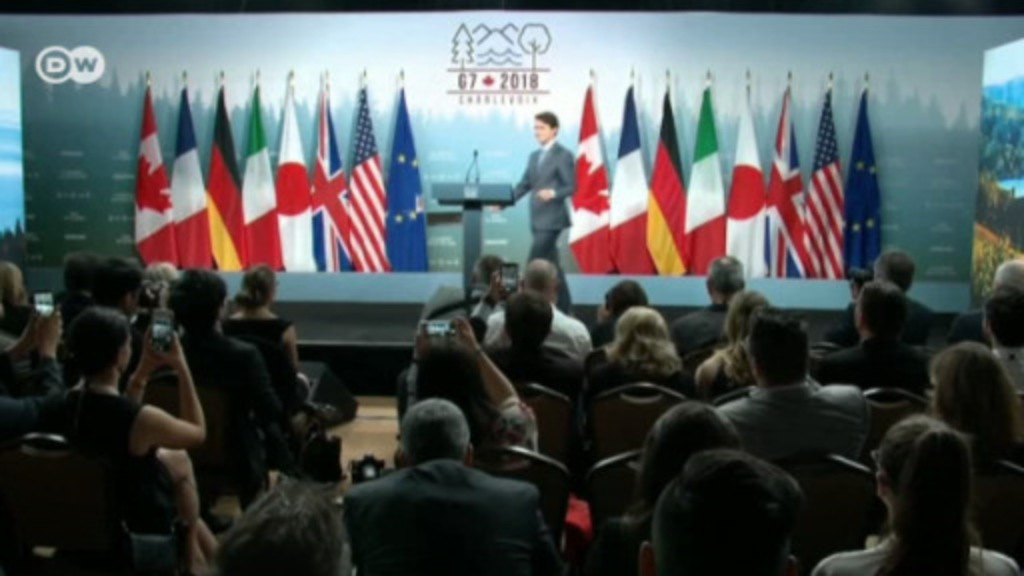News
Italian Finance Minister Giovanni Tria commits to euro, aims to cut debt
Italy’s new Finance Minister Giovanni Tria has said the government aims to stick with the euro and also cut debts levels. His words should help assuage fears of an Italian spending splurge and exit from the EU currency.
In his first interview since taking office, the Italian finance and economy minister Giovanni Tria sought to reassure jittery financial markets.
Tria, a little-known professor of economics who has no party affiliation, said the coalition was committed to staying in the European single currency. He also told the Italian newspaper Corriere della Sera that the government would not allow debt levels to go out of control.
Italy is grappling with a €2.3 trillion ($2.7 trillion) debt, which is 132 percent of gross domestic product (GDP) — the second highest ratio in the eurozone after Greece.
"The position of the government is clear and unanimous. There is no question of leaving the euro," Tria said, adding that the government would work actively to prevent the likelihood of such an event.
"The government is determined to prevent in any way the market conditions that would lead to an exit materializing. It's not just that we do not want to leave, we will act in such a way that the conditions do not get anywhere near to a position where they might challenge our presence in the euro."
The original list of ministers from discussions between the far-right League and the anti-establishment Five-Star Movement (M5S) coalition members - wasrejected by Italian President Sergio Mattarella. It included anti-euro economist Paolo Savona, who was replaced by Tria, which appeared to satisfy the president.
Tria's words echoed those of Prime Minister Giuseppe Conte, who earlier this week said a departure from the euro was "not up for discussion."
Read more: Italy and the eurozone: the cloud returns
Tria also challenged the notion that Italy might indulge in a public spending spree after promises by the new government that it would roll back pension reform and increase welfare spending.
"Our goal is (to lift) growth and employment. But we do not plan on reviving growth through deficit spending," Tria said.
Tria said the governement would reduce public debt and the deficit by stimulating economic growth. Policy would be "based on structural reforms" which, Tria said, should, in turn, create better conditions for investment and employment.
rc/jm (dpa, Reuters)
DW recommends
WWW links
- Date 10.06.2018
- Related Subjects Italy, Euro
- Keywords Giovanni Tria, Italy, Giuseppe Conte, M5S, League, euro, economics, finance
- Feedback: Send us your feedback.
- Print Print this page
- Permalink http://p.dw.com/p/2zEuX
- Date 10.06.2018
- Related Subjects Italy, Euro
- Keywords Giovanni Tria, Italy, Giuseppe Conte, M5S, League, euro, economics, finance
- Send us your feedback.
- Print Print this page
- Permalink http://p.dw.com/p/2zEuX
















